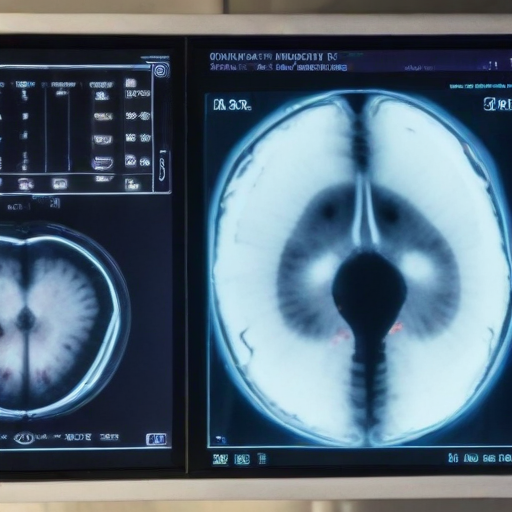A healthcare company specializing in artificial intelligence, Avenda Health, claims that its software can more accurately assess the extent of prostate cancer compared to traditional methods used by doctors.
In a recent study involving ten physicians, each evaluating 50 different prostate cancer cases, Avenda’s Unfold AI software achieved an impressive 84.7% accuracy. In contrast, the doctors’ manual assessments ranged from 67.2% to 75.9% accuracy. Conducted in collaboration with UCLA Health and published in the Journal of Urology, the research demonstrated that AI significantly improves the precision of cancer assessments, particularly in delineating tumor boundaries.
The study revealed that when AI was used to assist with cancer contouring, predictions regarding tumor size were 45 times more accurate and consistent than when relying solely on traditional methods. Shyam Natarajan, an assistant adjunct professor at UCLA and the senior author of the study, emphasized that AI not only enhances accuracy but also promotes greater consensus among physicians when diagnosing cancer.
Dr. Wayne Brisbane, another assistant professor of urology at UCLA, pointed out the limitations of MRI scans, noting that some tumors are not visible using this imaging technique. AI has the potential to fill this gap by providing insights where traditional imaging falls short. He believes that the integration of AI could revolutionize cancer treatment, offering more personalized and effective care tailored to individual patients.
Avenda Health’s CEO, Dr. Shyam Natarajan, expressed enthusiasm about the validation of their technology through rigorous studies and acknowledgment by the American Medical Association (AMA).
In the United States, approximately 1 in 8 men faces a prostate cancer diagnosis in their lifetime, with the American Cancer Society reporting that 1 in 44 men die from the disease. This year alone, an estimated 299,010 new prostate cancer cases are projected, with a tragic estimate of 35,250 deaths resulting from the illness.
The emergence of AI in healthcare represents a hopeful shift toward improving patient outcomes and enhancing the precision of medical interventions. As technology advances, the potential for more accurate diagnoses and tailored treatment plans holds promise for countless men affected by prostate cancer.
In summary, the integration of AI into cancer detection and treatment has the potential to significantly improve accuracy and consistency in diagnoses, leading to better patient care and outcomes.
